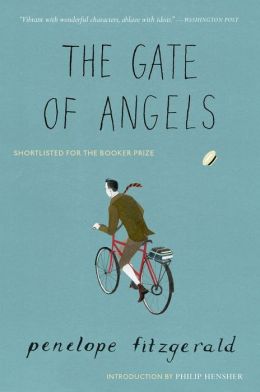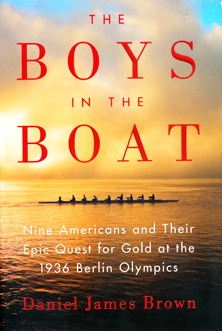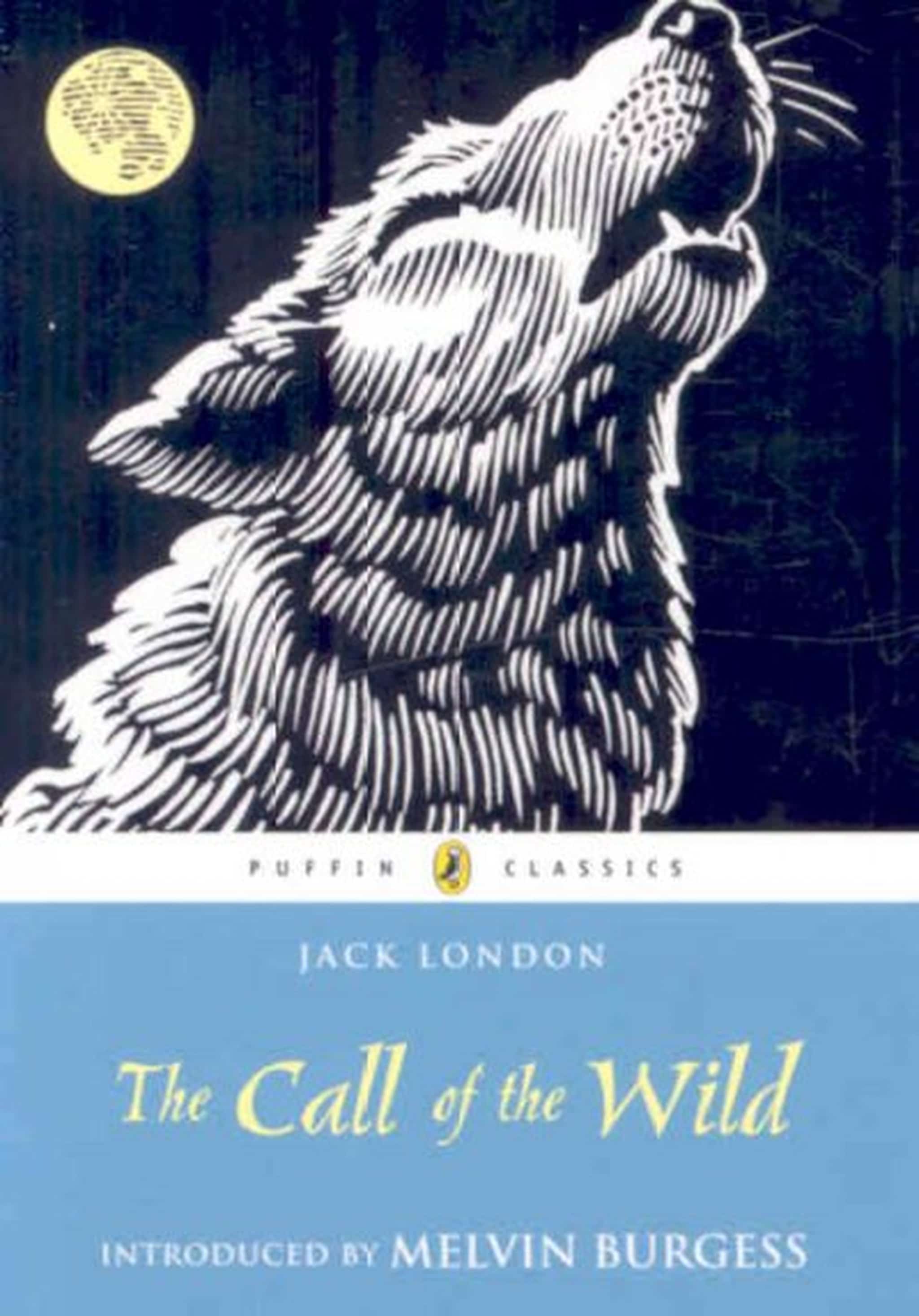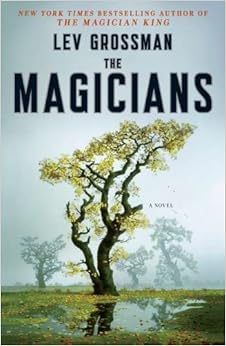The back of my copy of Mumbo Jumbo cites Harold Bloom as including the novel in his "five hundred most significant books of the Western Canon." That's hilarious, and certainly wasn't written by Ishmael Reed, who exhibits a pretty jaundiced opinion of the "Western Canon" throughout Mumbo Jumbo. In fact, one of the most entertaining things about this novel is its gleeful iconoclasm, the way it smashes up the sacred cows of Western art, music, and religion as Eurocentric bullshit:
Outstanding in the collection is the figure of of a monkey-like Portuguese explorer, carved by an Angolan. He is obviously juiced and is sitting on a barrel. What side-splitting, bellyaching satriical ways these ancient craftsmen brought to their art! The African race had quite a sense of humor. In North America, under Christianity, many of them had been reduced to glumness, depression, surliness, cynicism, malice without artfulness, and their intellectuals, in American, only appreciated heavy, serious works. ('Tis the cause, Desdemona.) They'd really fallen in love with tragedy. Their plays were about bitter, raging members of the "nuclear family," and their counterpart in art was exemplified by the contorted, grimacing, painful social-realist face... For LaBas, anyone who couldn't titter a bit was not Afro but most likely a Christian connoting blood, death, and impaled emaciated Jew in excruciation.
Mumbo Jumbo explores the common idea that the supremacy of Western Art is subconsciously a way of perpetuating racial and cultural superiority by making the subconscious conscious. Reed imagines a world order literally protected by secret Teutonic orders like the Wallflower Order and the Knights Templar, who work to subvert black culture and protect Eurocentricism.
This world order is threatened by the appearance of the Jes Grew (as in, it "jes grew" out of nowhere), a dance craze that Reed describes alternately as a cultural movement, an infectious plague, and a mystical VooDoo force. The secret societies work to stamp out the Jes Grew but are opposed by a ragtag group of black Harlemites including the proprietor of the VooDoo Mumbo Jumbo Kathedral, PaPa LaBas and his friends Berbelang and Black Herman, and even, quite hilariously, the secretly part-black president of the United States, Warren Harding.
Reed comes awfully close to suggesting that whites can't be trusted. All of them in this novel are villainous or treacherous or both, and they have names like Biff Musclewhite and Thor Wintergreen and Hinkle Von Vampton. Their machinations are fun but fairly incomprehensible--among other things, they try to recruit a "talking android" who will discredit black culture from the inside and search for a secret book which gives the Jes Grew its power, or something. A military revolution in Haiti is somehow connected. It's not always quite clear whether Reed recognizes how shaggy and silly the whole plot is, but the book elides the distinction between the silly and the serious. After all, you wouldn't want to be the kind of reader who couldn't "titter a bit."











